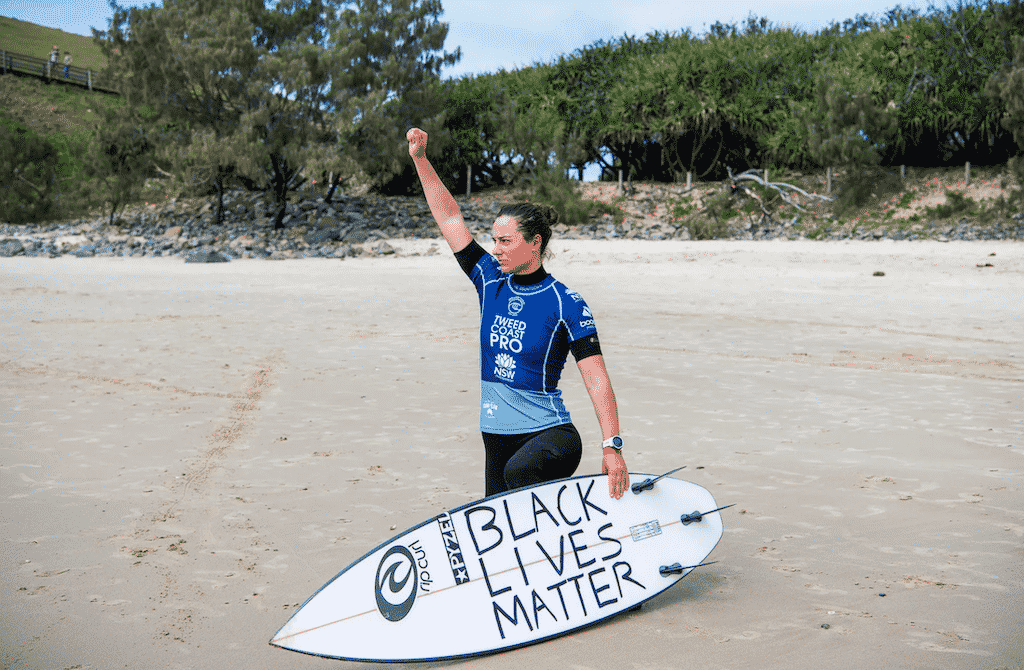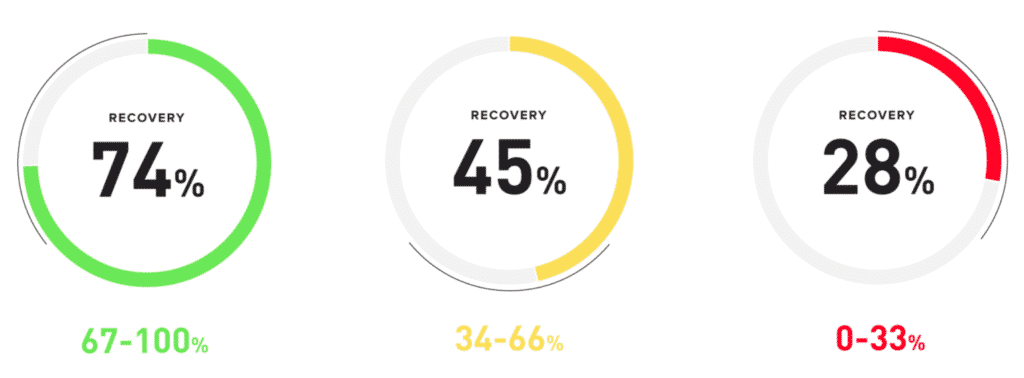Who knew?
Well I did not see that coming this morning. Sitting down at my computer, coffee steaming from my “I want my Beach Grit” mug, ready to start the day, I flipped open my computer’s screen and scrolled through some emails before scanning the news.
Many stories about the devastating tornadoes that smashed Kentucky over the weekend. Some on Kelly Slater’s friend Lewis Hamilton not winning the Abu Dhabi Grand Prix. One, in Jeff Bezos’ organ The Washington Post on the women’s tennis tour pulling events out of China in protest over the treatment of Peng Shui thereby riding “a wave of surfer activism.”
What?
I dug in immediately.
On Dec. 1, concerned about the effective disappearance from public life of tennis player Peng Shuai, the Women’s Tennis Association (WTA) announced that it was suspending all tournaments in China. Peng had accused a former Chinese vice premier of sexual assault — a claim immediately censored by Chinese authorities — and had not been seen without the presence of government officials since.
“If powerful people can suppress the voices of women and sweep allegations of sexual assault under the rug, then the basis on which the WTA was founded — equality for women — would suffer an immense setback,” said Steve Simon, its chief executive. “I will not and cannot let that happen to the WTA and its players.”
Then, on Dec. 6, in explicit disapproval of China’s human rights abuses, the Biden administration announced that the United States will not send government representatives to the 2022 Winter Olympics in Beijing. Australia, Canada and Britain quickly followed suit.
These were bold and, particularly with respect to the WTA, courageous moves. Withdrawing from China is likely to cost the WTA hundreds of millions of dollars. Indeed, the China market is so lucrative that many athletes and athletic organizations, such as the NBA, have made it clear that they will not jeopardize profits to trumpet humanitarian concerns.
Yet not all in the athletic community have been so craven. Some have long jumped headfirst into denouncing ghastly human rights records, withdrawing from competitions or using their public profiles to focus global attention on such issues. Among the boldest athlete activists? Surfers. While surfers were long celebrated as an apolitical bunch who wanted to do nothing but ride waves, that changed in the 1980s as it dawned on them that the pastime they saw as an escape from the world’s troubles was, in fact, embedded in its social realities.
The think piece then proceeded to spool out Tom Carroll, Martin Potter and Tom Curren boycotting South African surf contests as a protest over apartheid, “surfer activism” highlighting the importance of clean water and coastal access, Cori Schumacher boycotting the ASP World Tour after it scheduled an event in China, the World Surf League being the “first and only U.S.-based global sports league” to provide equal prize money for men and women, Tyler Wright competing with a pride flag jersey and taking a knee for 439 seconds before ending thusly.
Surfers have hardly been alone in using the platform they’ve been afforded to speak out on issues of concern. But they have been remarkably active and vocal compared with athletes in other sports. Schumacher demonstrated this commitment in 2011, when she took a lonely stand in boycotting China a full decade before women’s tennis announced it was doing the same. It remains to be seen whether the WSL — or the Association of Tennis Professionals, which sponsors the men’s tour — will find the courage to follow Schumacher’s and the WTA’s lead.
Do you feel better about yourself?
You should.
Viva surfers.








